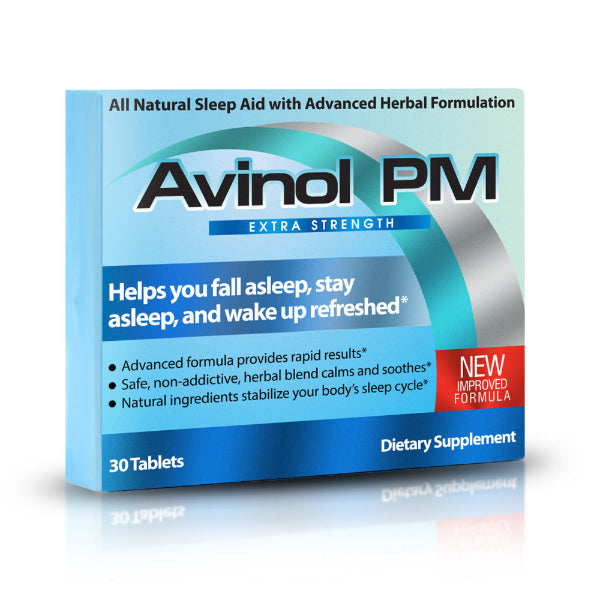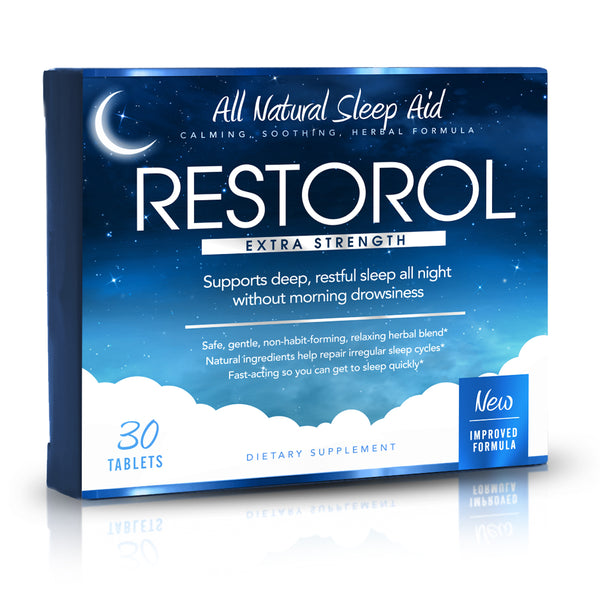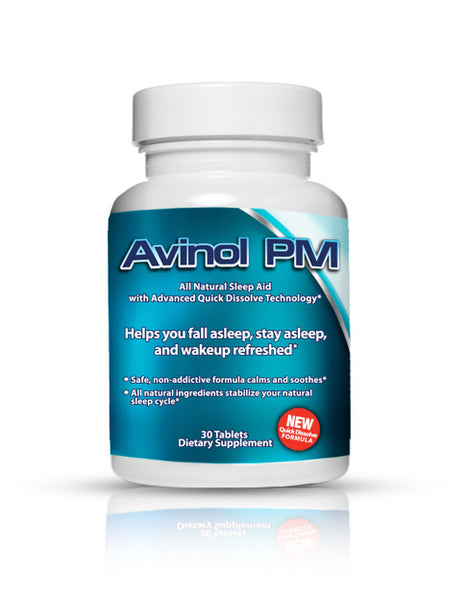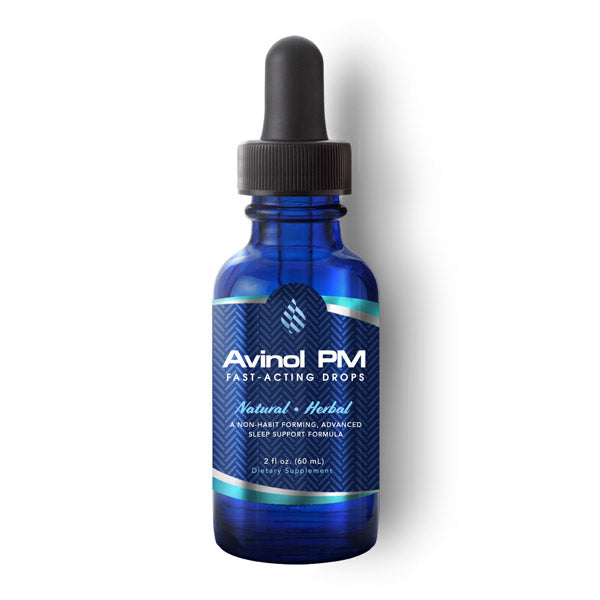Causes of Insomnia
Table of Contents
When it comes to medicine, doctors usually need to know the source of their patients' ailments before they can treat the symptoms and potentially cure the affliction. In recent years, doctors and scientists have finally determined that, with regard to insomnia, the source of this malady lies within the human brain. Unfortunately, the brain is a very complex organ. For this reason, insomnia is one of the hardest maladies to treat.
Although prescription sleeping pills are a quick and easy treatment, they aren't the best solution. In order to eliminate your sleepless nights, it's important to know where your insomnia comes from and why it's happening. With this knowledge, you and your doctor can begin an effective course of treatment. This, in turn, can set you on a path towards the nightly, restorative rest you need most.
Medical, Mental, Physical, and More
There are many different factors which may be causing or contributing to your insomnia. Below, we'll run down the major causes. If any of them sound familiar to you, be sure to discuss them with your doctor at your next office visit.
Physical conditions. Physical conditions, pain being the most prevalent among them, can either prevent a person from sleeping as they normally would or they can foster insomnia all on their own. Other physical conditions include breathing ailments, such as sinus irritation, asthma, or sleep apnea. Chronic pain, Parkinson's disease, and problems with your endocrine system also contribute to some people's inability to sleep.
Depression and/or Anxiety. If you are otherwise perfectly healthy and you are still having trouble sleeping, there's a very real chance your insomnia may be linked to a mood disorder such as depression or anxiety. People may dismiss these disorders as being "all in your head"; but the ironic thing is that they are right for all the wrong reasons. When the neurotransmitters in your brain are thrown out of balance, depression and anxiety are almost always sure to follow. There's also a close link between neurotransmitter imbalance among your neurons and insomnia.
Lifestyle. In a perfect world, someone who wants to get the best sleep possible with stay away from electronic lights in the evenings, go to bed and wake up at the same time each day, and relegate their daily workload to the morning and afternoon hours. Unfortunately, few of us actually live in the perfect world we just described. Shift work, putting in late hours, waking up and going to bed at different times each day, and an abundance of electronic light all conspire to confuse and disorient your internal clock. And when your natural circadian rhythm is thrown out of whack, it's only inevitable that bouts of sleeplessness and insomnia follow.
What you put in your body. Certain foods and other substances are known to get in the way of a healthy sleep pattern. Alcohol, for one, is an unexpected source for many of sleep irregularities. Most assume that alcohol improves their rest because it makes them sleepy. The truth is that alcohol only initiates sleep; later on in the night, it disturbs your sleep and prevents you from getting restorative rest.
Drinking too much caffeine during the day, especially after lunch, May potentially keep you tossing and turning at night. Nicotine is also a stimulant that you should avoid in the later hours of the day if possible. Lastly, although heavy meals have a habit of making people feel drowsy, you should avoid them before bedtime as best you can. They may cause digestive disturbances, such as acid reflux or belly pain, that will prevent you from falling asleep in the first place.
What Can Be Done About Insomnia?
If your insomnia is so severe that it's having a significant, negative impact on your health or your everyday life, then your first stop should be your family doctor's office. On the other hand, if things aren't that severe yet, then there are little steps you can take to prevent it from getting that far.
One such step is to give natural herbal sleep supplements to try. Unlike what some over-the-counter sleeping pills claim, herbal remedies aren't habit-forming. And they're not bad for your health, either. As a matter of fact, many of the ingredients in herbal sleep remedies have anti-inflammatory and antioxidant properties. With regular use, there's a chance they can improve your brain health overtime, as well as your body's ability to get a restful night's sleep. We know of an herbal sleep aid whose efficacy far exceeds its competitors. It's called Avinol PM, and we urge you to take a look at it.



